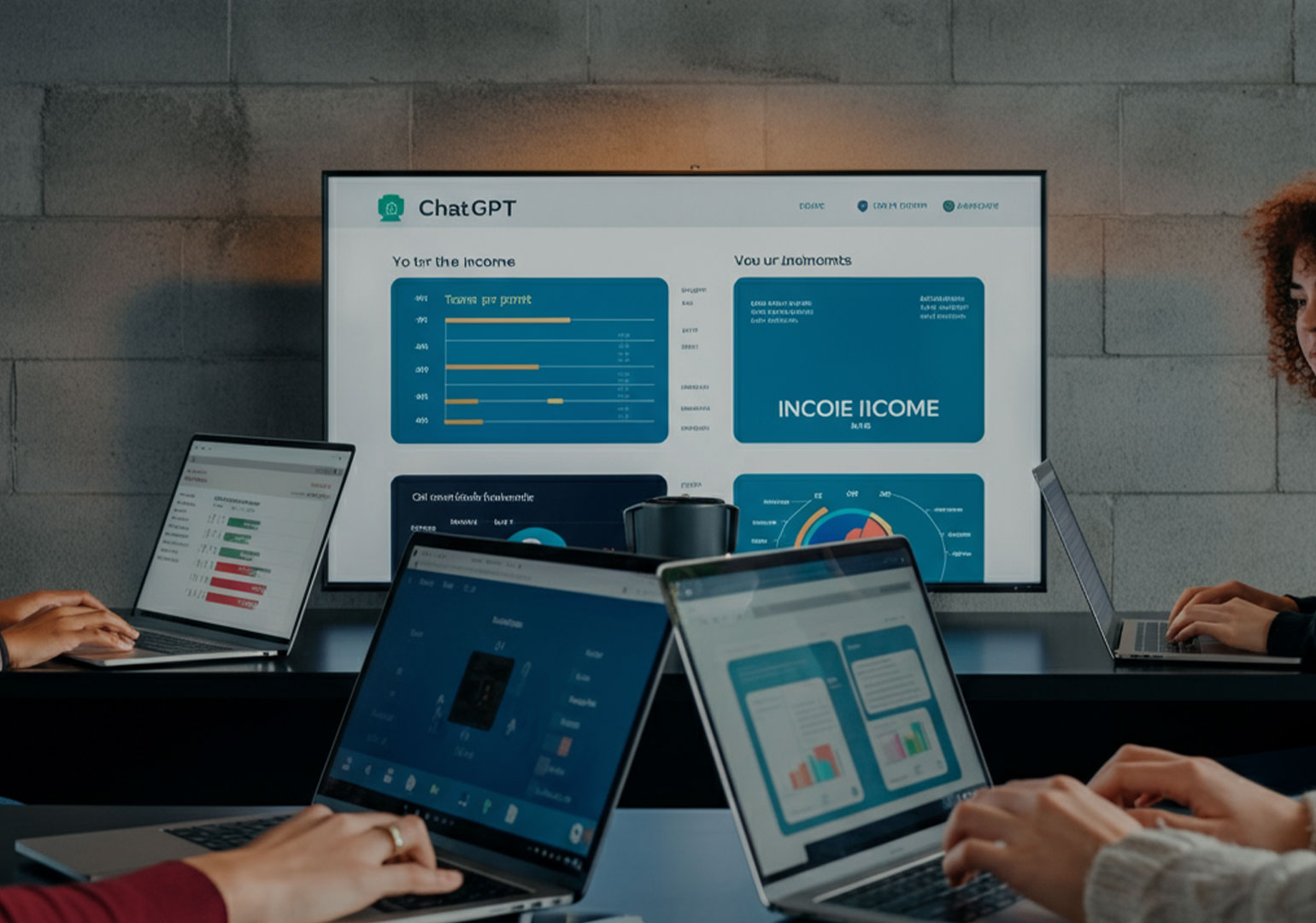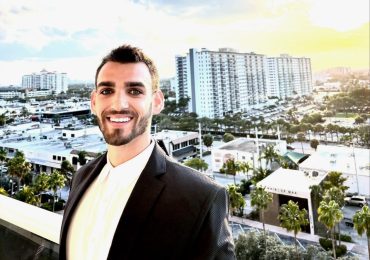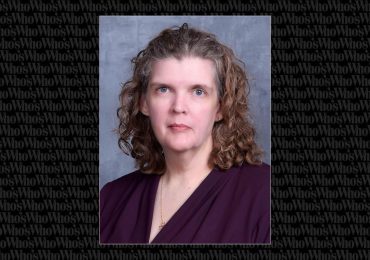Photo Courtesy of: AI Professionals University (AIPU)
Artificial intelligence is changing two of society’s most consequential systems: how people learn and how patients access care. Skills gaps and clinical bottlenecks have real costs, from stalled earnings to delayed diagnoses.
Samuel Stewart Blake (also known professionally as Sam Blake), entrepreneur, AI educator, and founder of AI Professionals University (AIPU) — is on a mission to close global skills gaps and modernize patient care through AI-powered education and virtual healthcare automation. Having managed over $250 million in paid advertising and launched multiple seven-figure e-commerce ventures, Blake now leads two fast-scaling projects: AIPU, one of the world’s fastest-growing AI certification platforms, and a healthcare AI initiative providing virtual tools with licensed doctors in all 50 states.
AIPU’s Growth Story, As Told by the Company
Sam Blake’s flagship, AI Professionals University (AIPU), launched in 2024 with an explicit emphasis on application over theory. According to the company, AIPU has trained more than 10,000 students worldwide with year-over-year growth of 1,000 percent. The platform is built around a seven-day ChatGPT Mastery certification that the company says is designed to help learners build and automate income-producing workflows.
AIPU – short for AI Pro University, differentiates itself, the company says, by bundling instruction with ready-to-use assets: 99 prebuilt GPTs, 17 customizable AI chatbots and libraries of prompts and templates. The aim, per AIPU, is to lower technical barriers so students can implement immediately rather than linger in theory. The company points to a 90%+ satisfaction rating in recent student surveys conducted in July 2025 as evidence of positive reception, while acknowledging that outcomes differ for each user and use case.
“Our aim was to close the gap between knowing AI exists and being able to build something useful with it,” Blake said. “We focus on what a learner can deploy in the next week, not the next year.”
Playbook of a Marketer Turned Educator
Before founding AIPU, Samuel Stewart Blake (Sam Blake) built and scaled a thriving online advertising business, launched multiple successful e-commerce ventures, and provided high-level consulting to brands and entrepreneurs. Over a span of 10 years, he managed more than $250 million in paid advertising, experience that now informs AIPU’s funnel: targeted ads, a subscription membership, and tool access that extends beyond the course window. The company frames this as a “learning-to-earning” path, with the certification as an on-ramp rather than a final stop.
The model has clear upsides for speed and scale, but it also invites familiar questions about outcomes and quality control in short-cycle programs. AI Pro University says it is addressing this by expanding post-course support and adding more structured implementation guides. “Scale without outcomes is noise,” Blake said. “We measure success by what students build, automate, or earn after they leave the classroom.”
The Healthcare Pivot, Defined by Caution
In 2024, Sam Blake began piloting AI tools for healthcare, starting with patient-intake automation, transcription, and customer service chatbots. Early tests are being conducted entirely in virtual care settings with licensed doctors in all 50 U.S. states, focused on streamlining administrative workflows rather than influencing clinical decision-making. The company outlines a staged approach: begin with administrative pilots, then add features incrementally as validation and compliance milestones are met.
Blake’s public stance is that healthcare innovation must move more deliberately than in education. “In healthcare, speed is secondary to accuracy,” he said. “A mistake isn’t just a bug — it’s a risk to a patient.” The company is working closely with legal and medical advisors to navigate state-specific regulations, while prioritizing privacy, security, and full auditability in product design.
What the Data Context Suggests
Global demand patterns lend relevance to Blake’s bet. Major skills platforms have reported surging interest in generative-AI coursework, while forecasts point to rapid growth in healthcare AI spending through 2030. Those tailwinds do not validate AI Professionals University’s specific outcomes, but they help explain the company’s momentum and its choice of sectors. The unanswered questions are concrete: credential recognition, student longitudinal outcomes, and, on the health side, evidence that workflow tools can reduce time or error without creating new risks.
AIPU says it is pursuing employer partnerships and expanding multilingual content to reach new markets. The company also frames its short-term certifications as part of a broader learning stack, with refresher modules and updated templates as models change.
What to Watch
Three markers will determine Blake’s durability across two high-stakes arenas. First, documentation: independent audits of learner outcomes and, in healthcare, validation studies that withstand regulatory and professional review. Second, user protections: transparent trial terms, cancellation pathways, and clear expectations about what short-cycle learning can and cannot deliver. Third, governance: evidence that the company’s rapid iteration in education does not bleed into shortcuts in clinical contexts.
Blake’s stated North Star blends ambition with purpose: to make practical AI skills accessible worldwide while building a healthcare AI line that transforms how providers handle administrative work. Related or not, both goals will require steady investment in quality, not just marketing. The premise is compelling: quicker pathways into practical AI skills and less paperwork in clinics. The proof will come in the form of data AIPU is willing to publish and scrutiny it is prepared to accept.
For now, what’s indisputable is the urgency of the space. Skills gaps remain wide, and healthcare systems remain under strain. If AIPU’s numbers hold and its pilots mature, Blake’s projects could influence how quickly AI becomes useful beyond headlines — in ledgers and waiting rooms alike. If not, they will serve as a reminder that in education and health, big claims are only as strong as the evidence behind them.

















